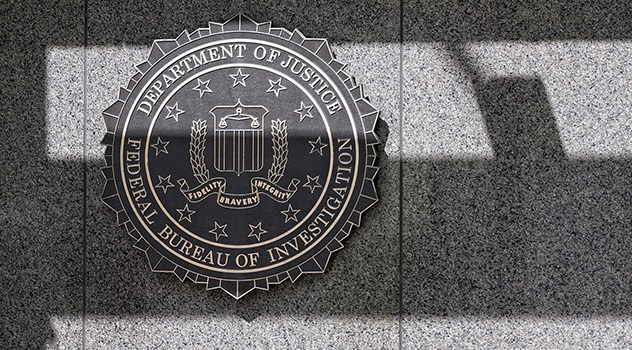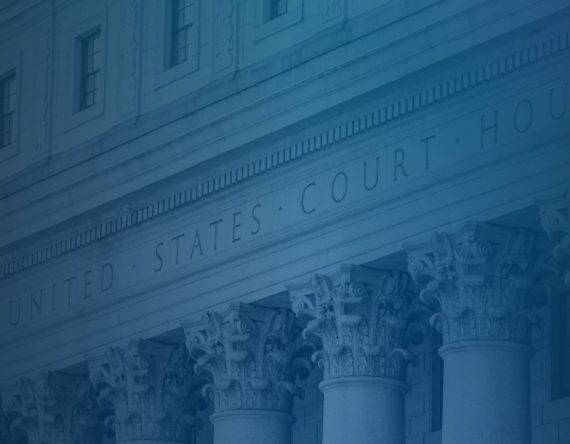Sweeping changes in geopolitics, the post pandemic global economy, and the shifting regulatory environment of the past two years have diversified and intensified the risks businesses face. As a result, the General Counsel’s (GC) function has increased in complexity across nearly every industry. The challenges GCs tackle today go beyond the traditional legal advisory realm and go to the core of the resilience and sustainability of a business. In addition to reacting to the disruptions threatening their organizations, GCs have played a central, proactive role in anticipating emerging and future risks and protecting the organization against them.
GCs today are not only leaders of the legal function, but also leaders in business, strategy and governance. They are advisors to the CEO, and many have a seat on the board. They are forward thinkers and strategic counselors. They leverage the unique access and visibility they have in a business organization to help drive strategic goals and guide the conscience and the culture of the organization.
Key issues that GCs have grappled with recently and which have had a transformative impact on their role include the following:
Sanctions. The rollout of global sanctions in response to Russia’s invasion of Ukraine earlier this year kept GCs busy. In addition to fulfilling their traditional role of ensuring compliance with the rapidly evolving list of sanctions across jurisdictions, GCs partnered with other leaders in the organization to swiftly realign relationships with partners, suppliers, customers and investors. The prospect of secondary sanctions further increased the need to re-evaluate and shift operations to lower-risk regions in the least disruptive ways possible. Anticipating and analyzing various risk scenarios and taking strategic proactive measures to minimize risk to future operations has been a key aspect of the role of the GC.
Today’s General Counsels are responsible for navigating the archipelago of relationships between clients, customers, and competitors—and must be partnered with business leaders and experts to successfully remain one step ahead of risk in an increasingly fragmented and complex world.
Business resilience. The pandemic exposed significant vulnerabilities in global supply chains, while the Russia-Ukraine conflict and the related repercussions further deepened the importance of improving the resilience of most businesses. Supply chain vulnerability has raised questions around national security, economic competitive advantage, and business sustainability—issues central to board room discussions. General Counsels were essential in framing critical decision-making, providing not only legal advice, but gathering the necessary intelligence to make informed decisions about realigning business operations. General Counsels today are expected to take a long view in the future and play a key role in building and maintaining resilience of the business with agility.
Integrity and Reputation. Socrates said in ancient Greece, “The way to gain a good reputation is to endeavor to be what you desire to appear.” An organization’s integrity and reputation are among its most valuable assets. General Counsels today are the stewards of the integrity of the organization and key in promoting its purpose.
The pandemic, gender equality and racial justice movements, climate change, and the Russia-Ukraine conflict brought governance issues and moral considerations to the forefront of decision making for many businesses. Business prosperity has been redefined, placing integrity and purpose ahead of profits and corporations are increasingly expected to take bolder positions on environmental, social, political and governance (ESG) issues, including equity, diversity, climate change and human rights. By taking the lead on promoting good governance across the organization the GC is the steward and guardian of its integrity and reputation.
Crisis Management. General counsels are on the front lines of the management of all major crises organizations face. The GC is often the first person called into the CEO’s office at a time of crisis and is the last person out. In addition to crises created by external events, GCs oversee investigations into employee misconduct, fraud, or other events that could create substantial liability and harm to the business. They shape communication strategies to internal and external stakeholders, and they direct litigation or disclosures and negotiations with regulators.
The role of the General Counsel has increased in complexity and evolved from a legal advisor that manages active litigation, to a proactive, forward looking, strategic leader responsible for managing key business risks and maintaining the resilience of a corporation. As they confront these new realities, GCs, in turn, rely on trusted advisers, both internally and externally, with business expertise that can help them prepare today to protect their organizations from the risks of tomorrow.
Snežana Gebauer, a Partner with StoneTurn, has 20 years of experience in managing complex international investigations for major law firms, Fortune 500 corporations, government agencies and sovereign nations. She frequently advises leaders in business, finance, and government on risk management strategies, investigations, and compliance matters. Snežana is recognized for her deep investigative expertise globally and across every major business sector.
Sarah Keeling, a Partner with StoneTurn, is a former senior British government official with more than 24 years of experience in national security and intelligence matters in the U.K. and overseas. She assists companies, family offices and their counsel on operational, reputational and investment risk matters worldwide.






























